Experiencing issues with your sump pump? Look no further than Mr. Rooter Plumbing of Anderson for dependable and professional sump pump repair services. Our expert technicians are dedicated to ensuring your home remains protected from flooding and water damage. We'll conduct a thorough assessment and provide expert advice on the best course of action. Additionally, we offer preventive maintenance services to keep your sump pump running smoothly for years to come.
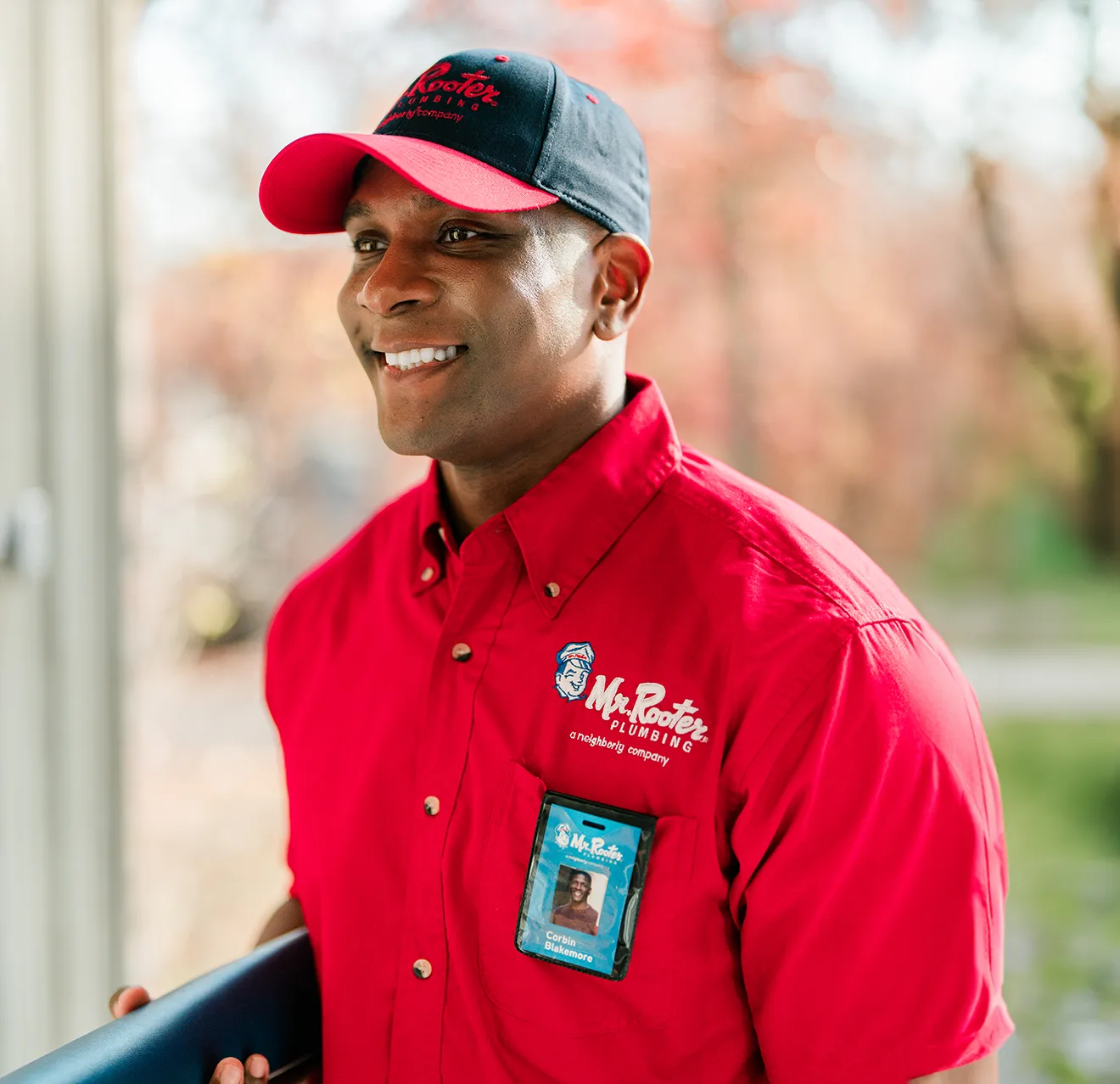
Request a job estimate with Mr. Rooter Plumbing of Anderson to address all your sump pump repair needs!
Don't wait for the problem to escalate; let us handle it before it becomes a major issue. With our experience, knowledge, and technical expertise, we guarantee your peace of mind, knowing that your sump pump is operating properly. Moreover, our workmanship is guaranteed, and we offer competitive prices for sump pump repair services that you won't find elsewhere.

Residential & Commercial Services
-
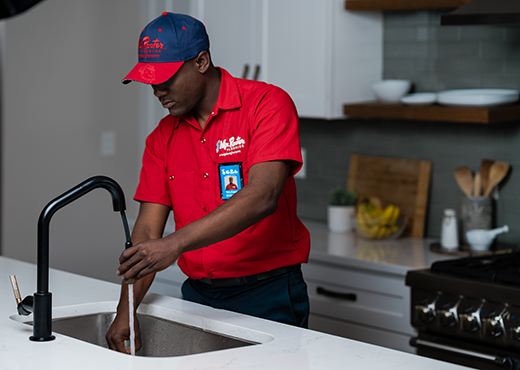
Drain Cleaning
Let Mr. Rooter get rid of your kitchen, bathroom, and sewer clogs.Learn More Drain Cleaning -
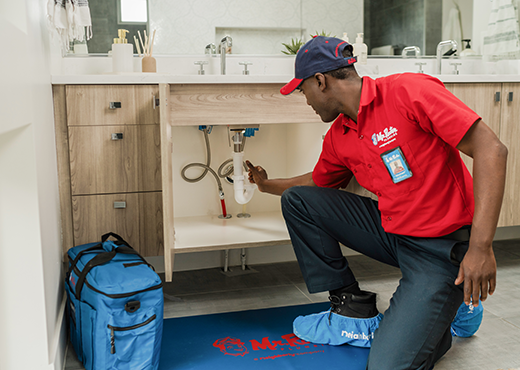
Plumbing Repairs
Schedule a repair before a small leak becomes a big headache.Learn More Plumbing Repairs -
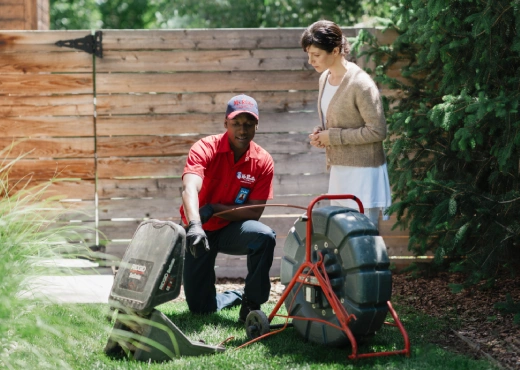
Sewer Line Repair
Avoid a costly sewer replacement with a sewer line repair.Learn More Sewer Line Repair -
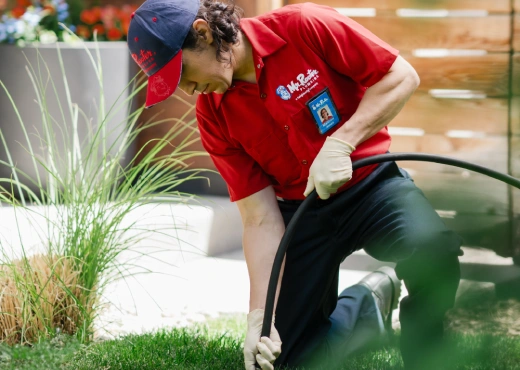
Emergency Plumbing
Emergencies happen, and Mr. Rooter helps solve them quickly.Learn More Emergency Plumbing
Mr. Rooter Plumbing of Anderson IN
Choose the plumbing services team in your area. When it comes to selecting the right team for your commercial or residential plumbing services, Mr. Rooter Plumbing is the right choice.
- Albany
- Alexandria
- Anderson
- Daleville
- Dunkirk
- Eaton
- Elwood
- Fairmount
- Fortville
- Frankton
- Gaston
- Ingalls
- Lapel
- Losantville
- Markleville
- Middletown
- Muncie
- Oakville
- Orestes
- Parker City
- Pendleton
- Selma
- Springport
- Summitville
- Upland
- Yorktown
Services We Provide
Let Us Call You

Join Our Team
Plumbing isn’t just about leaks, pipes, and gaskets - it’s about people. Mr. Rooter Plumbing franchisees offer you a career path for growth, and will treat you with the same respect and integrity that they treat their own friends and family, because at the end of the day, you can’t serve customers well without a happy, motivated, and committed team. Creating a culture with an exemplary work ethic is just as important as plumbing, and it’s part of everything Mr. Rooter Plumbing does.
